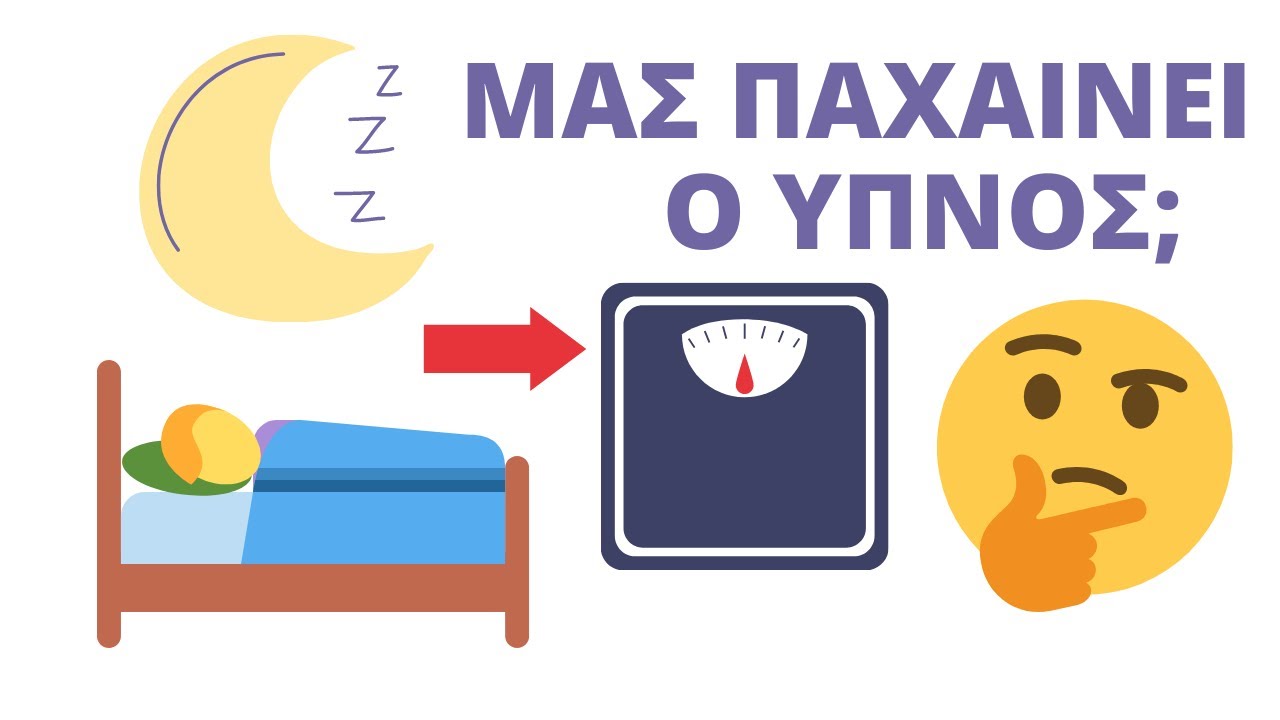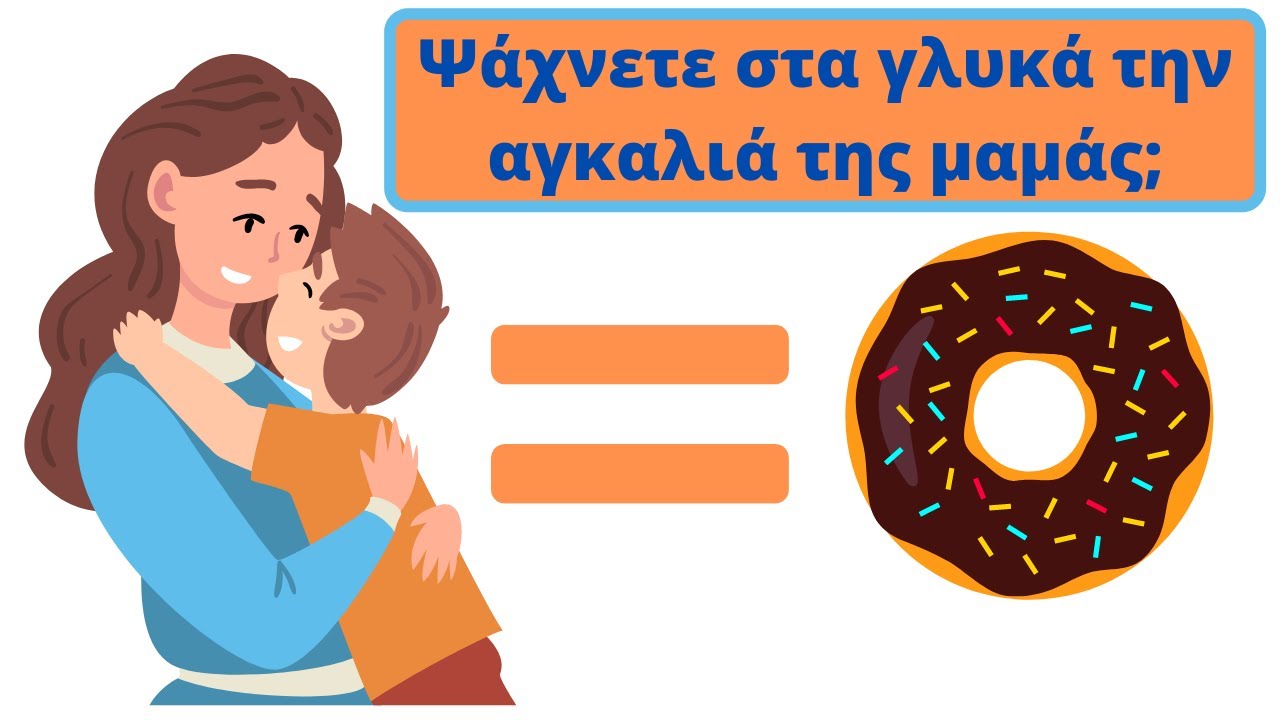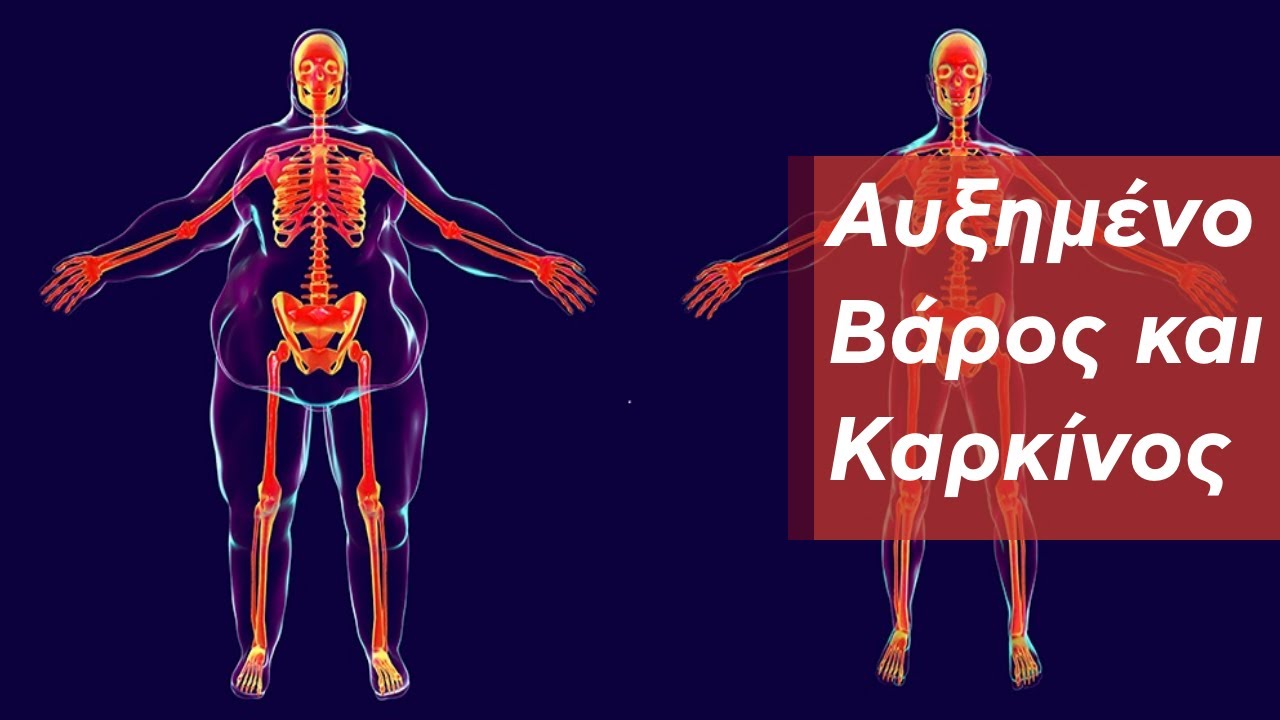Κείμενο
Πρόσφατα κάποιος που συνάντησα μου είπε: “Μα γιατρέ, το αυξημένο βάρος δεν είναι αποκλειστικά θέμα θερμίδων; Όσο περισσότερο τρώμε τόσο περισσότερο παχαίνουμε!”. Η αλήθεια είναι ότι τα πράγματα δεν είναι τόσο απλά. Το λέω ξανά και ξανά ότι οι θερμίδες είναι ένας από τους τρόπους να προσεγγίσεις το θέμα του αυξημένου βάρους, αλλά δεν είναι το μόνο. Το αυξημένο βάρος οφείλεται και σε άλλους παράγοντες. Σε τελευταία ανάλυση εάν δείτε τα άτομα γύρω σας που έχουν αυξημένο βάρος και τα άτομα που δεν έχουν αυξημένο βάρος, το πιο πιθανό είναι να μη παρατηρήσετε μεγάλες διαφορές στον τρόπο ζωής τους. Τι μπορεί να φταίει εκτός από τις θερμίδες; Μέσα από αυτό το κανάλι έχω μιλήσει επανειλημμένα για πολλούς παράγοντες που επηρεάζουν σημαντικά στην αύξηση βάρους. Σήμερα, θα ήθελα να πω κάτι για τον ύπνο. Αυτό που θα αποφασίζεται σε μία μελέτη που έγινε στη Mayo Clinic στην Αμερική, ένα από τα σημαντικότερα νοσοκομεία και ερευνητικά κέντρα στον κόσμο από το οποίο μας έχουν έρθει πάρα πολύ σημαντικές μελέτες που έχουν αλλάξει τον τρόπο που λειτουργεί η ιατρική. Η μελέτη δημοσιεύτηκε στο έγκριτο περιοδικό Chest, και όπως όλες οι μελέτες που αναφέρω, θα τη βρείτε στην περιγραφή. Η μελέτη ήταν αρκετά απλή. Οι συμμετέχοντες χωρίστηκαν τυχαία σε δύο ομάδες. Στους συμμετέχοντες της μιας ομάδας ζητήθηκε για 8 μέρες να κοιμούνται 5 ώρες την ημέρα και στην άλλη ομάδα 8 ώρες. Οι ερευνητές κατέγραψαν την κατανάλωση θερμίδων που είχαν οι συμμετέχοντες. Στους συμμετέχοντες δεν είχε δοθεί καμία συμβουλή σχετικά με την κατανάλωση τροφής. Δηλαδή τους είχαν επιτρέψει να καταναλώσουν όση τροφή θέλουν. Μετά την περίοδο των 8 ημερών, και οι δύο ομάδες, δηλαδή τόσο η ομάδα που είχε στερηθεί τον ύπνο, όσο και η ομάδα που είχε κοιμηθεί κανονικά αφέθηκαν να καταναλώσουν όση τροφή είχαν ανάγκη. Οι ερευνητές κατέγραψαν τις θερμίδες που κατανάλωσαν οι συμμετέχοντες, και αυτό που φάνηκε από τη μελέτη είναι ότι οι συμμετέχοντες που για 8 μέρες είχαν στερηθεί τον ύπνο κατανάλωσαν 677 περισσότερες θερμίδες

την ημέρα από την ομάδα που είχε κοιμηθεί κανονικά. Στις μέρες μετά τη στέρηση ύπνου η ομάδα που είχε στερηθεί τον ύπνο κατανάλωσε επιπρόσθετα 559 θερμίδες την ημέρα, ενώ η ομάδα που είχε κοιμηθεί κανονικά κατανάλωσε 118 θερμίδες λιγότερο σε σχέση με τις θερμίδες που κατανάλωναν πριν την έναρξη της μελέτης. Αυτό οδήγησε σε ένα θετικό ισοζύγιο 677 περισσότερων θερμίδων την ημέρα για τις μέρες που ακολούθησαν την στέρηση ύπνου. Γνωρίζοντας λοιπόν ότι ο ύπνος μπορεί να επηρεάσει σημαντικά την ποσότητα τροφής που τρώμε, το να λέμε απλά ότι το αυξημένο βάρος έχει να κάνει με το πόσο τρως και το πόσο καις είναι μία υπεραπλούστευση ενός πραγματικά πολύπλοκου προβλήματος. Ενός προβλήματος που πρέπει να αντιμετωπιστεί ολιστικά. Το να πεις: “Το πρόβλημά σου είναι ότι τρως πολύ και γυμνάζεσαι λίγο” είναι αν μη τι άλλο άδικο. Αλλά, όχι μόνο άδικο. Για μένα που έχω αφιερώσει ένα μεγάλο κομμάτι της επαγγελματικής μου ζωής στη βοήθεια ανθρώπων να ρυθμίσουν το βάρος τους, μου δείχνει ότι αυτός που τα λέει αυτά δεν γνωρίζει καλά αυτόν τον επιστημονικό κλάδο. Είδαμε πως η στέρηση ύπνου επηρεάζει σημαντικά την κατανάλωση τροφής και κατ’ επέκταση οδηγεί σε αύξηση βάρους. Φυσικά ο ύπνος δεν επηρεάζει μόνο αυτό, γιατί ξέρουμε ότι οδηγεί σε μία σειρά από άλλα προβλήματα και επηρεάζει ακόμα και το πόσα χρόνια θα ψσχέση με το πόσες ώρες κοιμάστε, σας συνιστώ να δείτε το βίντεο που έχω αριστερά μου. Ευχαριστώ πολύ.





































































0 Σχόλια